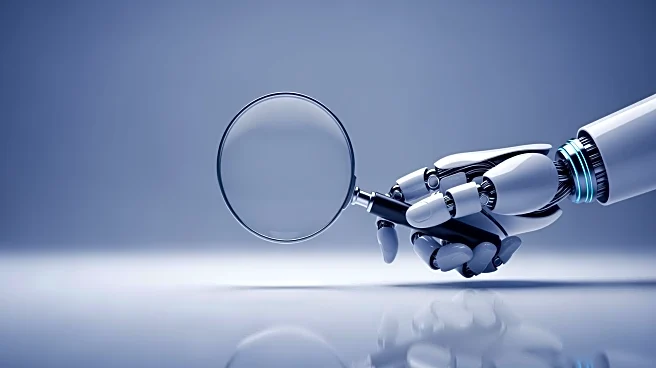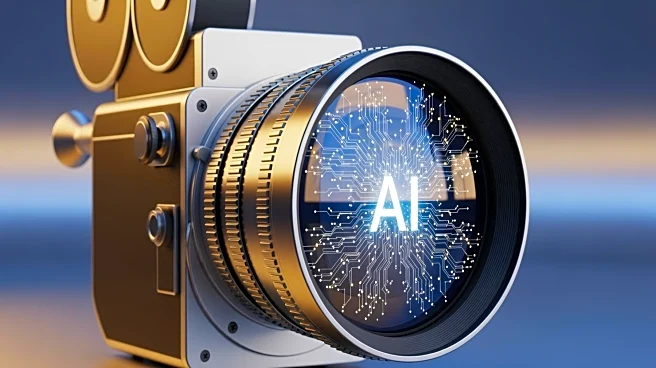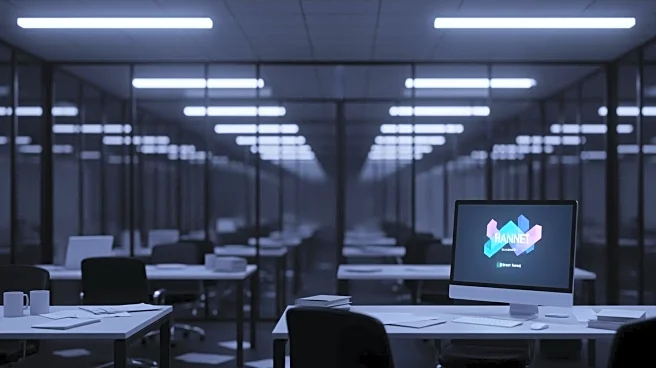What's Happening?
Anthropic, a developer of AI models, has announced that its Claude suite of chatbots has shown signs of introspection, suggesting AI's potential for self-correction. This development indicates that AI might
begin to apply standards to itself, addressing issues like bias and hallucination. The announcement has sparked discussions about AI's capabilities and its role in society, as it reflects human biases and values embedded in its training data.
Why It's Important?
The ability for AI to self-correct could significantly impact its reliability and ethical use, particularly in addressing biases related to gender and race. As AI becomes more integrated into various sectors, its capacity for introspection could enhance its decision-making processes, making it a more trustworthy tool. This development also raises questions about AI's role in job markets, as it could lead to both job displacement and the creation of new roles.
What's Next?
The AI community will likely focus on further developing AI's introspective capabilities, aiming to reduce biases and improve its functionality. This could lead to new guidelines and standards for AI development. Stakeholders, including tech companies and policymakers, will need to address the ethical implications and potential societal impacts of AI's evolution.
Beyond the Headlines
The introspection capability of AI challenges the traditional view of AI as purely inanimate, suggesting a shift towards more autonomous systems. This raises ethical and philosophical questions about AI's role in society and its potential to influence human values and decision-making processes.










